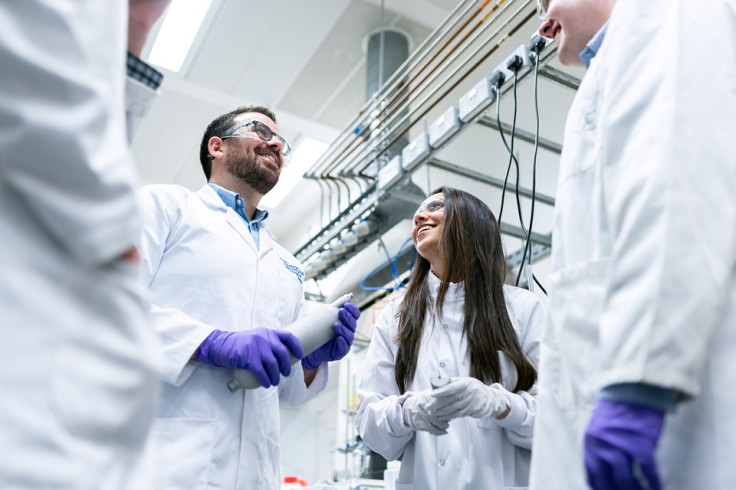Chinese scientists successfully delay aging, extends lifespan of mice through gene therapy
With additional funding, researchers are looking at testing the therapy on primates, and hopefully, make a big leap and test it on humans.
Chinese scientists see promising results in delaying aging using new gene therapy in mice. It also extended their lifespans and the researchers are optimistic that the breakthrough therapy may likewise work in humans.
Beijing scientists revealed in a paper published in the journal of Science Translational Medicine that they used a method that would deactivate a specific gene called kat7. This gene, according to scientists, is said to be the key contributor to aging at cellular levels.
Qu-Jing, the co-supervisor of the project and an aging specialist from the Institute of Zoology at the Chinese Academy of Sciences, said that the therapy they used, along with the results that were derived from it, can be considered as a world's first.
According to Qu, the mice that they experimented with showed astounding improvement in appearance and grip strength. This is what they observed after six to eight months. The lifespan of the rodents was likewise extended, up to a measurable 25 percent.
The team of researchers identified about 100 genes out of the approximately 10,000 genes. They found that the kat7 was the one that greatly contributes to senescence in the cells. Senescence refers to the process of aging at cellular levels. They then inactivated the kat7 cell in the mice's liver using a lentiviral vector.
While gene therapy showed promise in mice, Qu admitted that it is still a long way before they can test it out on humans. The Chinese scientist stated that the next group of subjects that they are eyeing for testing are primates. However, this would still require a lot of funding. More research would also be necessary before they can progress towards this phase.
Gene therapy to delay ageing is not an entirely new concept. In 2019, there was already a group of scientists from Ukraine and Italy who looked into this kind of therapy. The researchers published a study in Ageing Research Reviews titled "Anti-ageing gene therapy: not so far away?"
The researchers in the 2019 paper noted that gene therapy holds great promise for treating pathological conditions related to ageing. They also saw that the efficiency of these therapies is limited by the side effects. Back then, they said that additional translational research is needed to address challenges in the field.
© Copyright IBTimes 2025. All rights reserved.






















